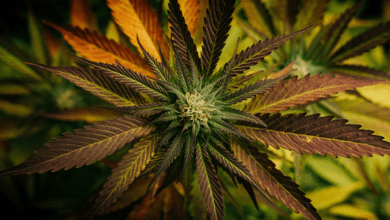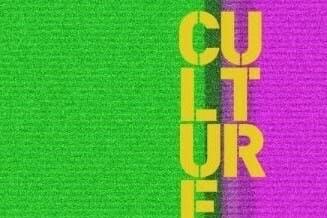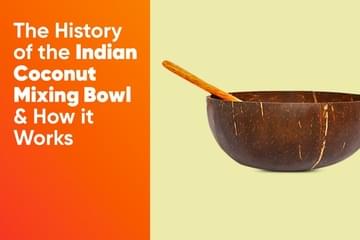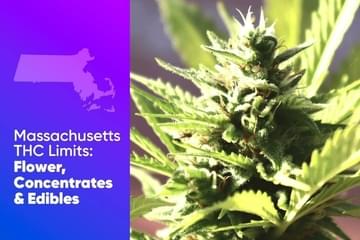
Cannabis Terms: Where Does Ganja Come From?
Published on 11/22/21
Given that cannabis unleashes creativity, it should be no surprise that cannabis culture itself can be quite creative. While this creativity can sometimes take the form of new types of smoking materials, it also takes the form of terms and names. From pot to reefer to weed to grass to electric lettuce, you can find a huge number of different nicknames for marijuana, many of them funny or unique. Marijuana itself is a borrowed term from Spanish, it originates from the same root word as the English word for the herb marjoram, deriving from a word for oregano. Naturally, oregano is itself a slang term for cannabis since in Mexico, it is called Chinese oregano.
Many Names
One common cannabis term is ganja, one that (unlike some others) has a long, complex basis in history: it has been known to the English language for at least 300 years. The term ganja origin, like so many other elements of cannabis long history, remains partially shrouded in mystery. The root of the term ganja is believed to originate in Sanskrit, an ancient southern Asian language that is no longer spoken today. Sanskrit forms the base of many contemporary languages in India, Pakistan, and Bangladesh, much like many European languages (including English) derive from Latin. The word has traveled across the world as a term for weed in Hindi.
Whats in a Name
 Unsplash
UnsplashWhat is ganja? The ganja meaning in English simply refers to any particularly strong preparation method of cannabis. Every fan knows that there are different ways to enjoy cannabis and some that are more intensive than others. Ganja as a name for cannabis followed the south Asian populations of history that smoked it as they dispersed far and wide, eventually arriving in Jamaica as the British Empire linked both regions joined starting in the 1600s. Today, nearly 4% of Jamaicans belong to a south Asian ethnic group. Some of these arrivals were slaves who had no choice; others sold their labor for a lifetime of work to escape debt; still, others dreamed of a new chance across the entire world.
Cultural links allowed the term to easily cross over as new ethnic groups discovered the virtues of cannabis. As early as the mid-1800s, ganja became known as not just a slang term but a term of public policy: the 1856 Ganja Tax first regulated ganja weed consumption in Jamaica. Like the United States would Jamaican law tightened down more and more on ganja from that first point. Unlike the United States, the government of Jamaica legalized cannabis for religious use, the first nation in history to do so. By doing so, Jamaican icons like Bob Marley became cannabis ambassadors, taking the term back across the globe, where it is probably the most well-known of cannabis many names today.
Rasta and Ganja
The word Rastafarianism, or Rastafari, refers to a religion with a wide scope of belief. All Rastafari, however, believe in the god Jah, a name taken from the Hebrew Yahweh. This divine being is similar to Christianitys belief in a single god, but while hundreds of millions of Christians are bound by morals set out by their respective groups, Rastafarianism has no set authority figures. Indeed, for many Rastafari, the relationship between you and Jah is so important that no other person could ever tell you how to follow it. Cannabis plays a major role because ganja weed links humankind to the divine.
Rastafarniasms Afro-centricity ties it to many different aspects of African history, but primarily to Ethiopia in the 1930s. Since cannabis use in Ethiopia is also tied to worship of the divine, it finds a good partner in the Rastafari religion. Many contemporary Rastafari have African ancestry and heritage; with about 1 million total Rastafari in the world today, most are in Jamaica. However, large Jamaican ex-pat communities in global cities like London or New York have prominent Rastafari events and organizations.
One aspect of ganja in Rastafari culture is prayer. Prayer is communal, called a levity, and often in the place of a members house or group center. Cannabis may or may not be consumed in a levity, but self-inspection and deep belief is the goal, and cannabis certainly helps both those tasks.
Growing and Healing
Finally, ganja has medical roots in its Sanksrit term, which in turn affects its perception and use across the world. After all, the same immigrant groups that brought cannabis to Jamaica also brought knowledge of its medical roots. Thats why many strains of medical marijuana are given the shorthand term of ganja today.
What are some of your favorite nicknames for marijuana, including home-grown nicknames? Have you ever participated in another cultures use of cannabis? Let us know in the comments below if you have any stories or experiences yourself!



















